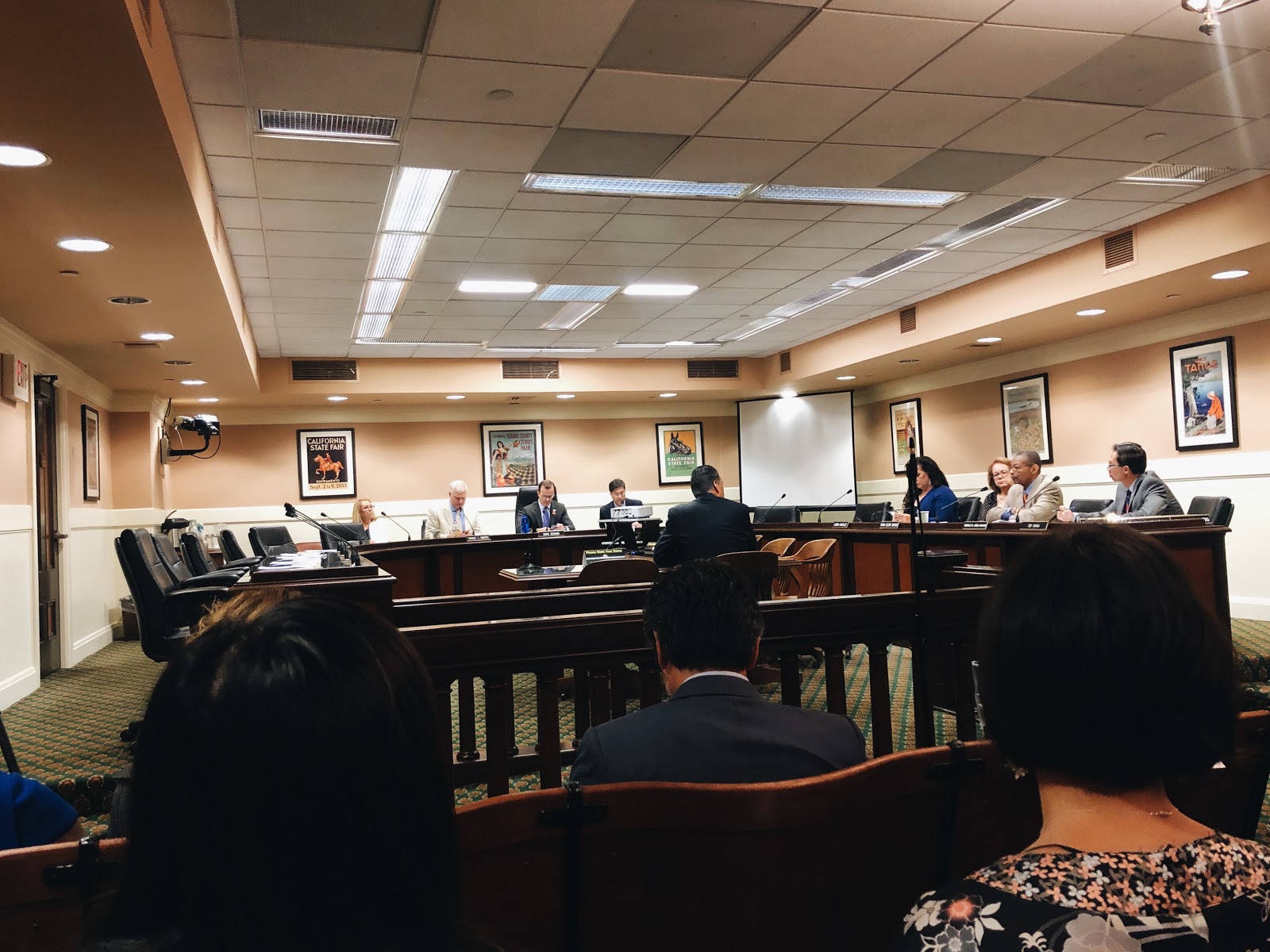“If you participating in the Census wasn’t that important, why are they trying to take it away from you?”
asked Alex Padilla as he spoke at the Joint Informational Hearing on Aug. 21, 2019. As part of the state of California’s commitment to stewarding state taxpayer funds that have been allocated for Census outreach, this hearing was convened to discuss statewide outreach strategies for the 2020 Census, as well as inform the public about how these efforts will reach hard-to-count communities in California. It also provided stakeholders the opportunity to comment and ask questions of the parties responsible for executing these efforts.
Issues for the State
The meeting began with comments from Padilla, California Secretary of State and chair of the California Complete Count Committee. He discussed the urgency of achieving a fair and complete count in California and implored all legislators to get involved, as “more than 70 percent of Californians fit some sort of hard-to-count criteria.” (1)

Numerous other concerns were raised during the hearing: from the digital divide and lack of access for indigenous language speakers to cybersecurity and the 2020 election. One concern, which was repeatedly highlighted, was the fear that has increased the difficulty in reaching communities that are already hard to count. As Assemblymember Reggie Jones-Sawyer stated, “Fear is a powerful thing.” He argued this fear should inform how outreach methods are implemented, and emphasized the importance of ensuring vulnerable communities know that even if the federal government is attempting to undermine a complete count, California is not.
The Game Plan
Everyone spoke about the challenges that the state will encounter in reaching hard-to-count populations, but the question about how the challenges would be overcome still loomed. Mercury Public Affairs, the state’s new media contractor that recently signed a contract for $46.1 million, took the stand and discussed how they would overcome some of the aforementioned barriers.
Mercury’s Carolyn Becker and Assemblymember Fabian Nuñez stated that Mercury’s main goal was to be nimble and disseminate media in creative and intentional ways, ensuring all Californians receive the message that they must be counted. Mercury also plans to utilize ethnic media to communicate to diverse populations, have on-the-ground and on-the-air efforts that complement each other, and will build trust with hard-to-count communities. As Assemblymember Joaquin Arambula said, “It is not about the message, it is about the messenger.” Mercury expressed their commitment to facilitate communications and outreach efforts built on trusted messenger input.
Lingering Concerns. . .
As the meeting came to a close, organizations and coalitions divulged some lingering concerns. Many of them spoke about the lack of Census outreach being done for the Central Valley, for children, and for African Americans, as well as the growing distrust in the government. These obstacles will be difficult to overcome, but we can still remain optimistic because as Assemblymember Nuñez mentioned, “while there is a lack of trust of federal government, there seems to be a growing amount of support for the state.”
In addition to these highlights, the hearing in its entirety is available to watch here.
(1) Alex Padilla at Joint Informational Hearing Assembly on the Census.

